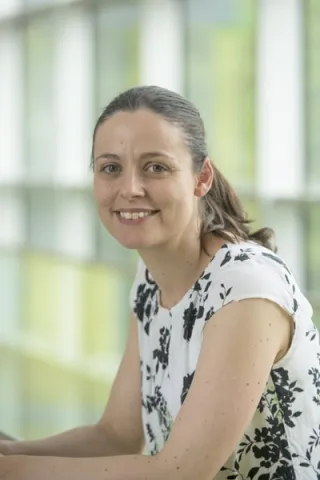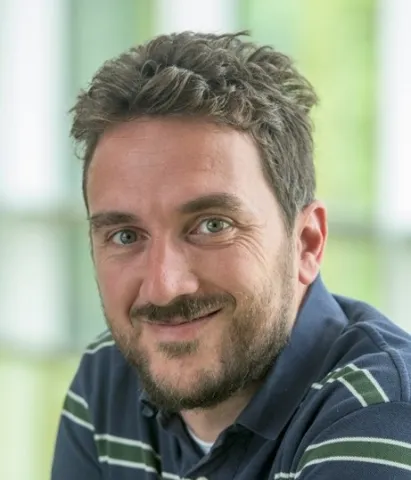About the project
Hollow core fibres (HCFs) are an exciting, novel optical fibre technology where light is guided in an air-filled core. We are a world-leading group, which designs, characterises and fabricates state-of-the-art HCFs in our specialist facilities. Recently we reported a new world record low loss for this type of optical fibre, making HCFs contenders for a diverse range of interesting applications, including telecommunications, high power laser delivery and novel medical diagnostics.
The optical lifetime of HCFs is becoming critical for their successful deployment. The hollow core is surrounded by a cladding structure formed from thin glass membranes with extreme dimensions, for example, with a width of only 30 nanometres but extending along the full fibre length (several kilometres). These membranes therefore present a novel and interesting platform for glass surface dynamics.
This project will study the interactions between these surfaces and air (or other gases) within the fibre. You will fabricate new HCFs, focussing on understanding the impact of different fabrication processes on the properties of the glass surfaces within the fibre and linking this to lifetime of the final fibre in various applications. You will become an expert in both fabrication and characterisation of HCFs, while developing a high level of understanding of glass science. You will work with experienced researchers, have access to a wide range of equipment and work with external partners to maximise the impact of your work.
In the first year at the Optoelectronics Research Centre, a structured training programme will run alongside the research project, providing a gradual transition from taught degree to open-ended research. You will present your work at conferences worldwide and first-author papers in leading academic journals. These skills will enable you to develop your career at the forefront of glass and fibre optics research in worldwide universities or as industry scientists and business leaders.

